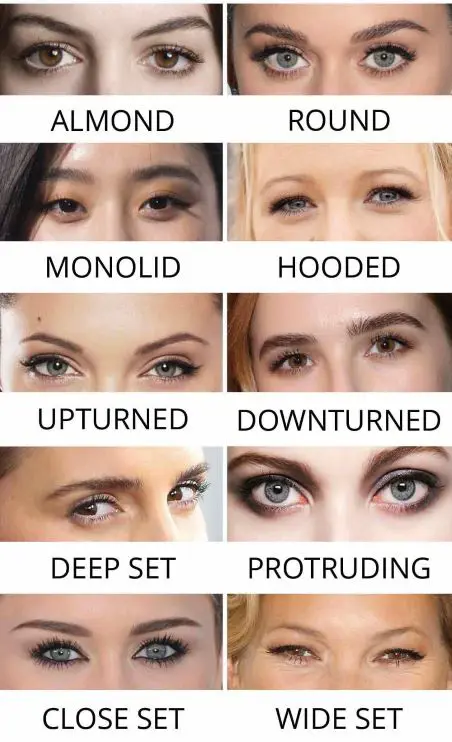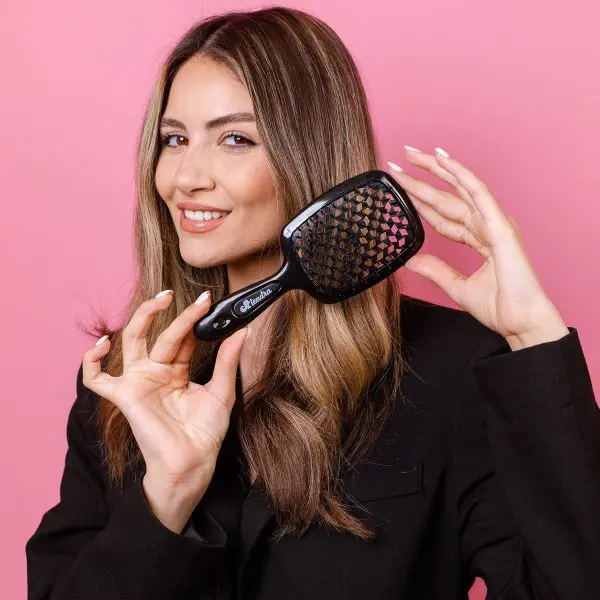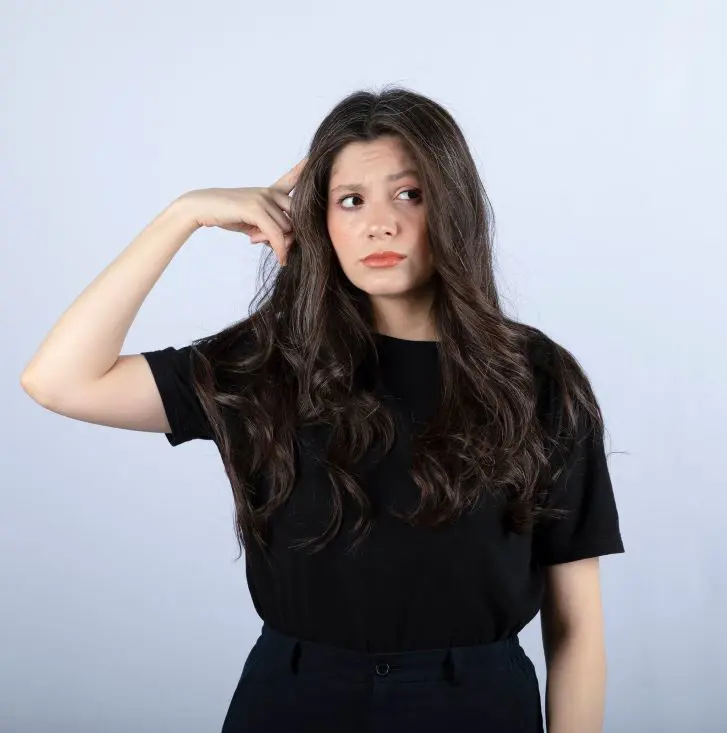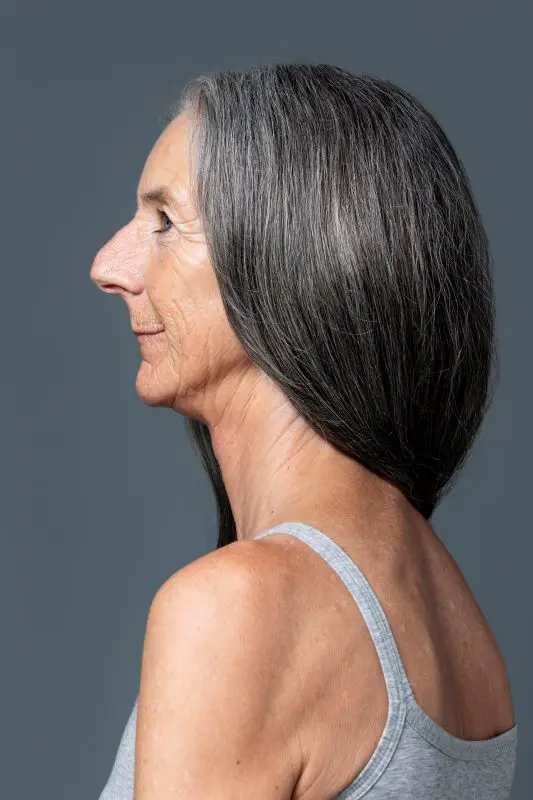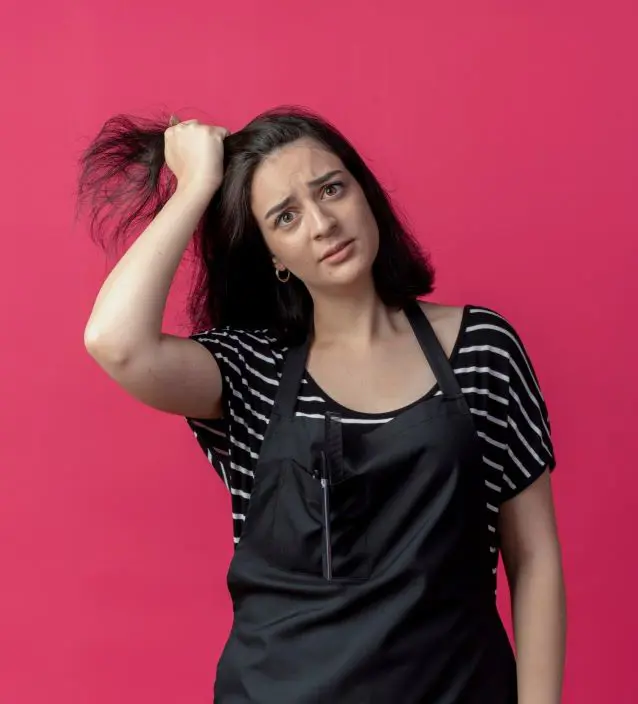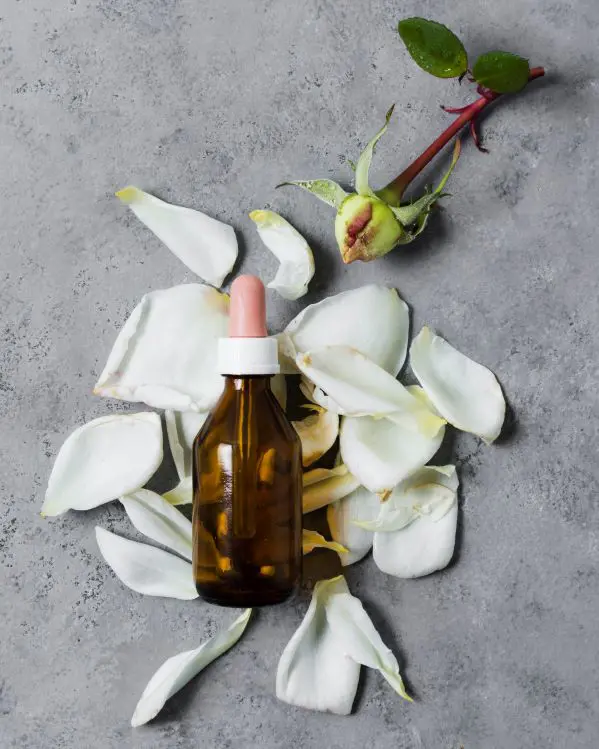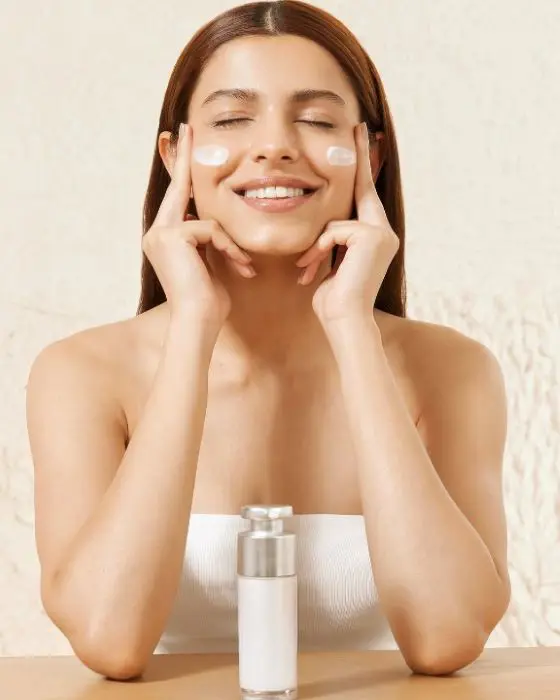Your hair is more than just a part of your appearance; it's a reflection of your personality, confidence, and style. We all dream of having bouncy, healthy hair that turns heads and makes us feel our best. But did you know that something as simple as the temperature of your water can play a significant role in achieving that?
Cold water, often overlooked, offers surprising benefits and can be a game-changer in your hair care routine. In this article, we’ll explore amazing benefits of using cold water on your hair and how you can incorporate this refreshing practice into your daily regimen.
1. Adds Shine and Softness
Cold water helps to add shine and softness to hair. Yes, it is possible because cold water seals the hair cuticles, creating a smoother surface that reflects light more effectively. This smooth surface reduces light scattering, resulting in shinier, more lustrous hair.
It also helps retain moisture, contributing to a healthier appearance. Consistently using cold water over time leads to continuous improvement in hair shine and softness.
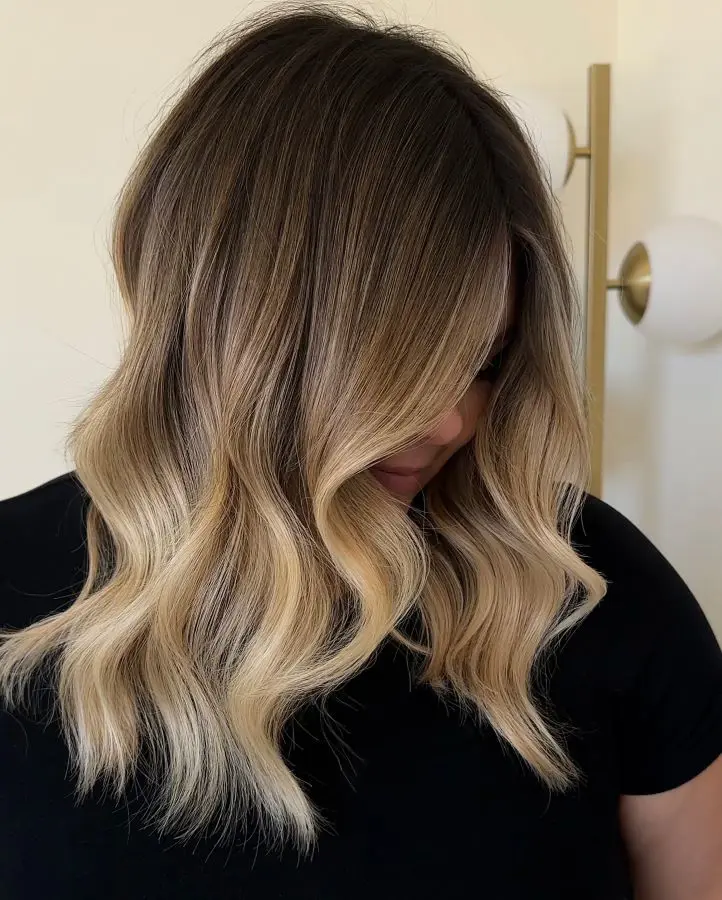
2. Refreshes Hair and Scalp
Refreshing the hair and scalp is essential for maintaining overall hair health and comfort. A refreshed scalp promotes a healthier environment, making hair cleaner and more manageable.
Cold water’s cooling properties provide a revitalizing sensation, especially after workouts or in hot weather. Additionally, applying cold water can help alleviate stress and enhance relaxation, contributing to overall well-being.
3. Enhances Elasticity
By sealing the cuticles, cold water can increase hair elasticity by fortifying the hair shaft and minimizing moisture loss. It makes hair tougher and more flexible so that damage is less likely to occur.
Cold water preserves moisture and minimizes damage to hair, preserving its natural suppleness. This can eventually result in hair that is stronger, healthier, and more resistant to style and environmental stressors.
4. Reduces Frizz
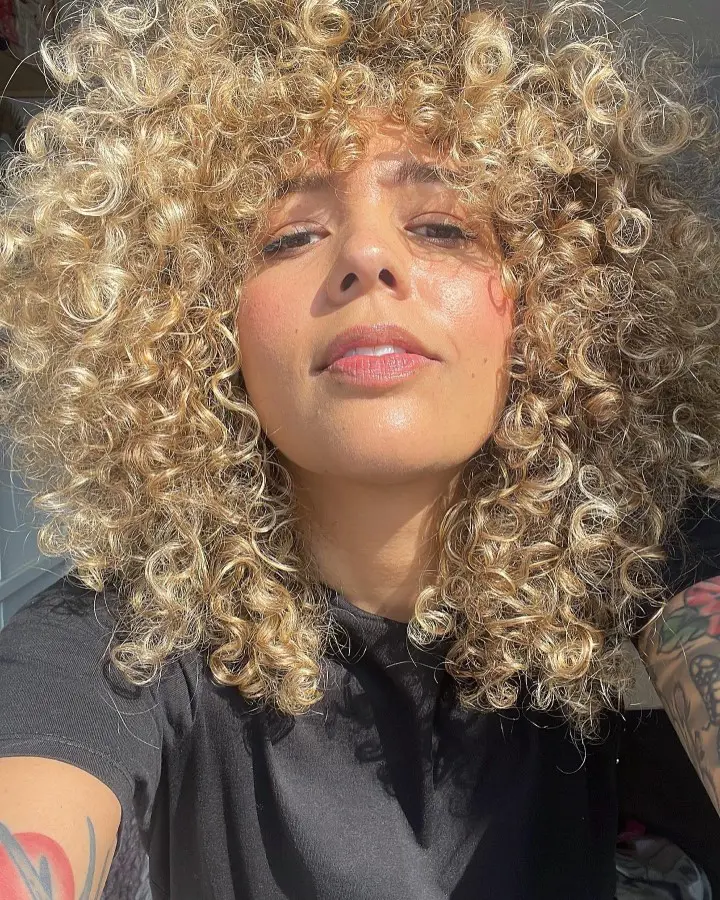
To avoid a messy look caused by frizzy hair, using cold water can be highly effective. By sealing each hair strand's outer layer, cold water minimizes frizz. It leaves hair looking smooth and well-groomed.
Additionally, it keeps the hair's natural luster intact, making it healthier and easier to manage. Regular daily application of cold water helps maintain smoother, less frizzy hair.
5. Stimulates Scalp
By first narrowing and then widening blood vessels, cold water stimulates the scalp and improves circulation. More oxygen and nutrients are delivered to hair follicles by this increased blood flow, which promotes their health.
In addition to tightening the scalp, the low temperature has a cooling effect. This may eventually help create a healthier environment on the scalp, which could encourage better hair development.
6. Balances Oil Production
Cold water helps regulate scalp oil production by balancing sebum levels, preventing both excess oiliness and dryness. This balance contributes to a healthier scalp and more manageable hair.
Proper oil production is crucial for hair health; too much oil can make hair greasy, while too little can cause dryness and irritation. Consistent use can give more better results in balancing oil production.
7. Preserves Hair Color
As cold water is neutral, it does not have any side effects on our hair color. Cold water helps maintain natural hair color by sealing the cuticles. This process locks in moisture and minimizes pigment loss, preserving the richness of your hair.
When using cold water on hair, it removes the dust particle which can potentially hamper the hair color. Regular application of cold water is recommended for preserving hair color.
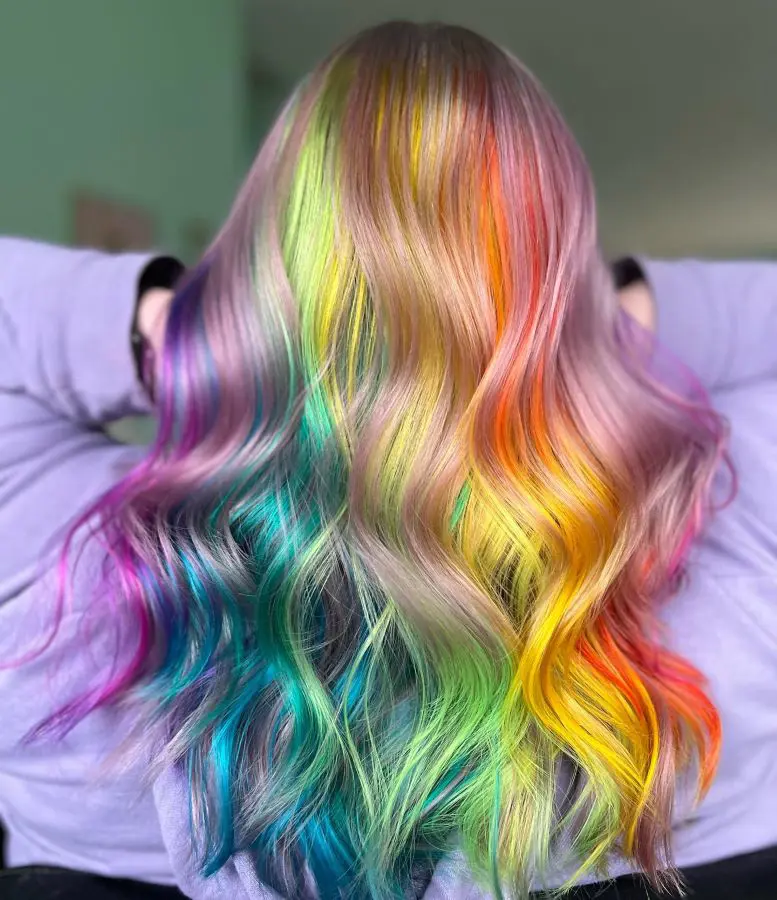
8. Reduces Dryness
Cold water, being a liquid, naturally wets the hair and provides a quick rinse that helps reduce dryness. It effectively removes product buildup, sweat, and impurities, which can contribute to dryness.
After using cold water, hair becomes softer and more hydrated, helping it better cope with external factors that may lead to dryness. For better result, consistent use of cold water is recommended.
9. Promotes Hair Growth
Using cold water indirectly helps in hair growth. It improves scalp circulation, boosting nutrient delivery to hair follicles and supporting healthier growth. Regular use of cold water will benefit by reducing frizz and breakage, leading to healthier, stronger hair over time.
Using water alone is not a magic solution for hair growth. Incorporating it with other products will enhance its benefit towards better hair growth.
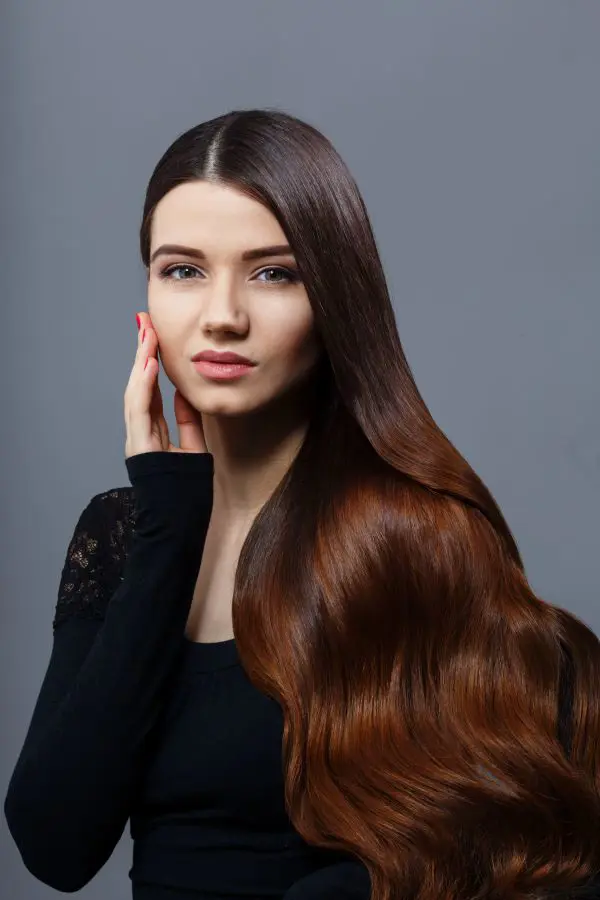
10. Improves Hair Strength
Strong hair is a common desire, as it reduces hair fall and promotes overall health. Cold water can strengthen hair by enhancing scalp circulation, which ensures hair follicles receive essential nutrients.
Additionally, cold water smooths and seals the hair cuticle, protecting it from damage and preventing split ends. Regular use of cold water helps maximize these benefits, contributing to stronger, healthier hair.
How to Use Cold Water for Your Hair?
People often use cold water inconsistently, but its effective application is crucial for optimal results. Correctly using cold water in different hair care scenarios ensures the best outcomes. Understanding how to apply cold water appropriately can significantly improve hair health and achieve better results.
Some tips for how to use cold water on the hair are:
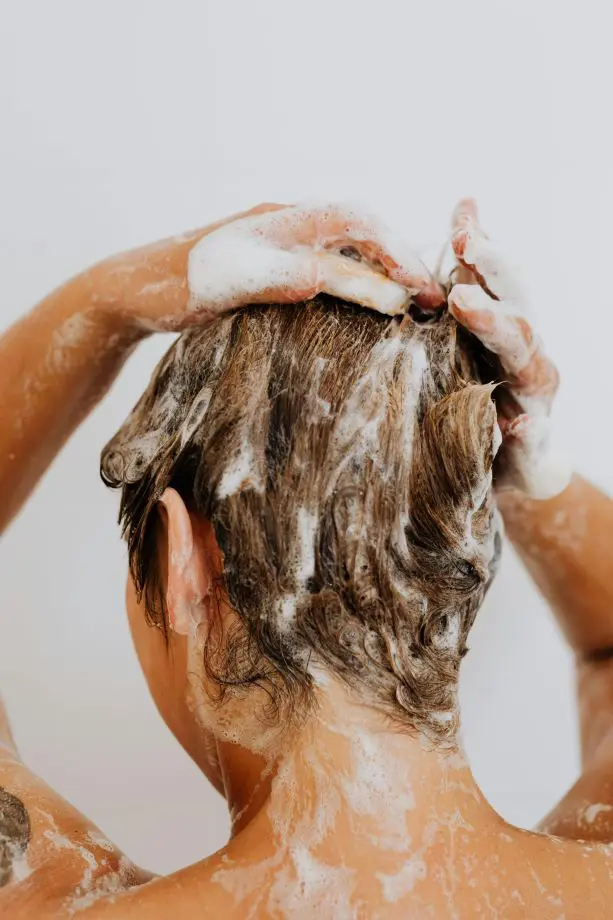
Pre-Shampoo Rinse:
The hair should be washed with cold water before applying shampoo. In order to properly prepare the hair to absorb shampoo and conditioning treatments, this first rinse aids in sealing the cuticles.
Gently massaging the scalp after washing increases circulation and boosts the efficacy of the lotion. It's crucial to refrain from using too much cold water, too, as this could irritate the scalp and shock it.
Shampoo:
Cold water can also be used when applying shampoo. Using a small amount of cold water during the hair-washing routine helps clean the scalp and hair by removing dirt, oil, and product buildup. This process prepares the hair for conditioning.
Apply a small amount of cold water gently to the scalp and rinse thoroughly to open the cuticles for better absorption. Avoid using excessive shampoo to prevent stripping natural oils.
Condition:
It's ideal to use a conditioner with a few drops of cold water after shampooing. Conditioner adds hydration and smoothes the cuticles of hair, making it easier to handle. As a result, the hair becomes softer and simpler to untangle.
Distribute the conditioner equally throughout your hair. To seal the cuticles, let it rest for a few minutes and then rinse with cool water. Rinse well to avoid leaving behind any residue.
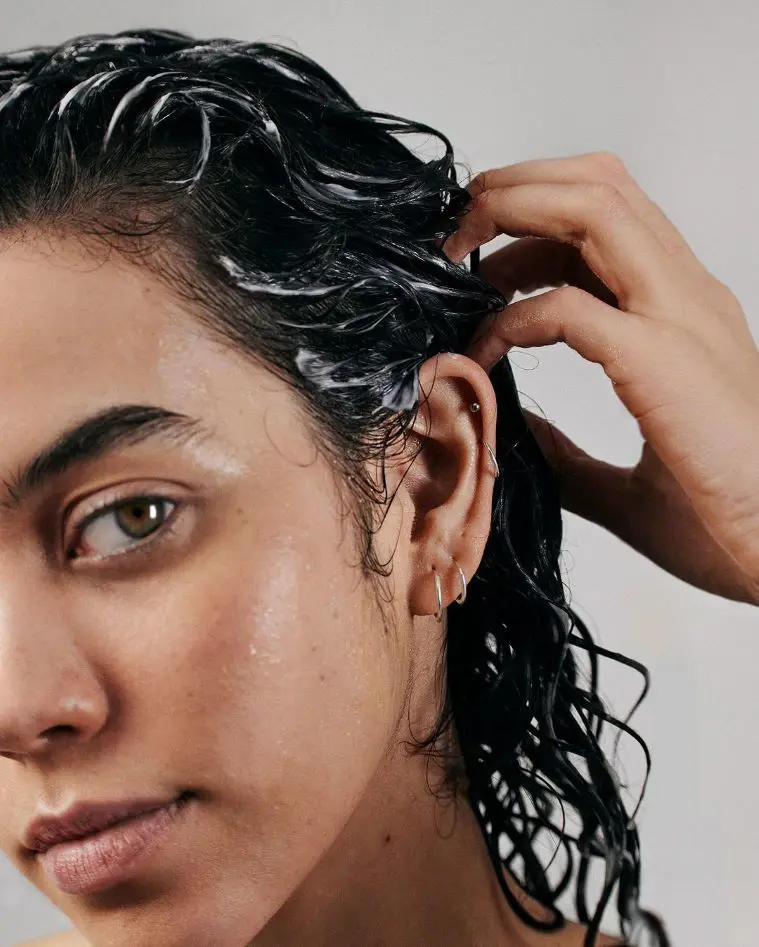
Final Cold Water Rinse:
A final cold water rinse should be done after shampooing and conditioning. This rinse helps seal the cuticles, enhancing shine and reducing frizz.
To use, switch the water to cold and rinse the hair thoroughly for 30 seconds to a minute. Make sure the water isn't too cold and use this rinse consistently to maintain its benefits.
Scalp Stimulation:
A helpful step in the last rinse of a hair-washing regimen is scalp stimulation. It enhances blood flow to the scalp, providing vital nutrients to the hair follicles and supporting the general health of the hair.
To use, use your fingertips to gently massage the scalp in circular strokes with cold water. Rinse well after using cold water and massage for several minutes to increase circulation. To avoid adding bacteria to the scalp, avoid using very cold water and make sure your hands are clean.
Is Cold Water Best for All Types of Hair?
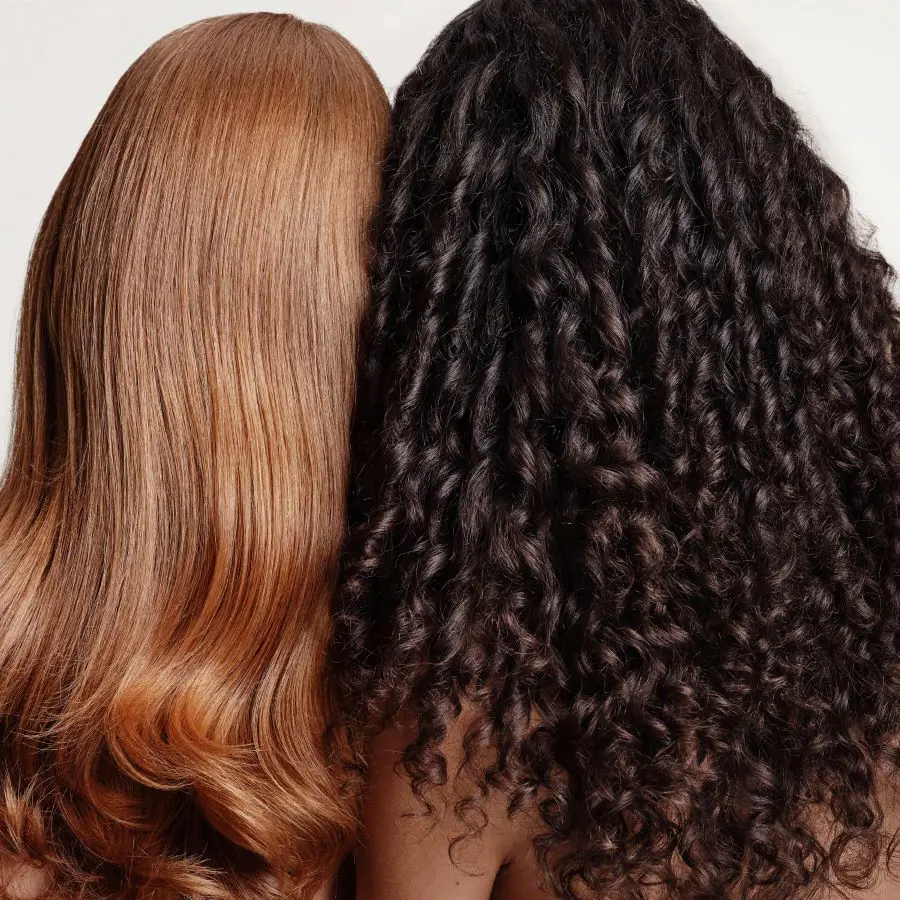
No, cold water is not ideal for every hair type, though its limitations are minimal. Generally, there are two main reasons why it may not be the best option for all:
- It doesn't address specific issues like excessive oiliness or extreme dryness on its own.
- It should be combined with other targeted treatments for optimal results.
However, cold water offers numerous benefits and can be advantageous for almost all hair types when used as part of a comprehensive hair care routine.
How to Use Cold Water in Different Climates?
Adapting the use of cold water for hair care based on the climate can maximize its benefits. By adjusting your approach according to the specific climate conditions, you can better support hair health and manageability.
Here are some tips on how to use cold water for hair care in different climates:
Hot and Humid Climates
• Use Cold Water Rinses: Rinsing hair with cold water after shampooing and conditioning is recommended. This makes hair easier to handle in humid environments by adding shine and reducing frizz.
• Refresh the Scalp: Use cold water to rinse your scalp throughout the day to cool down and prevent sweat and oil buildup.
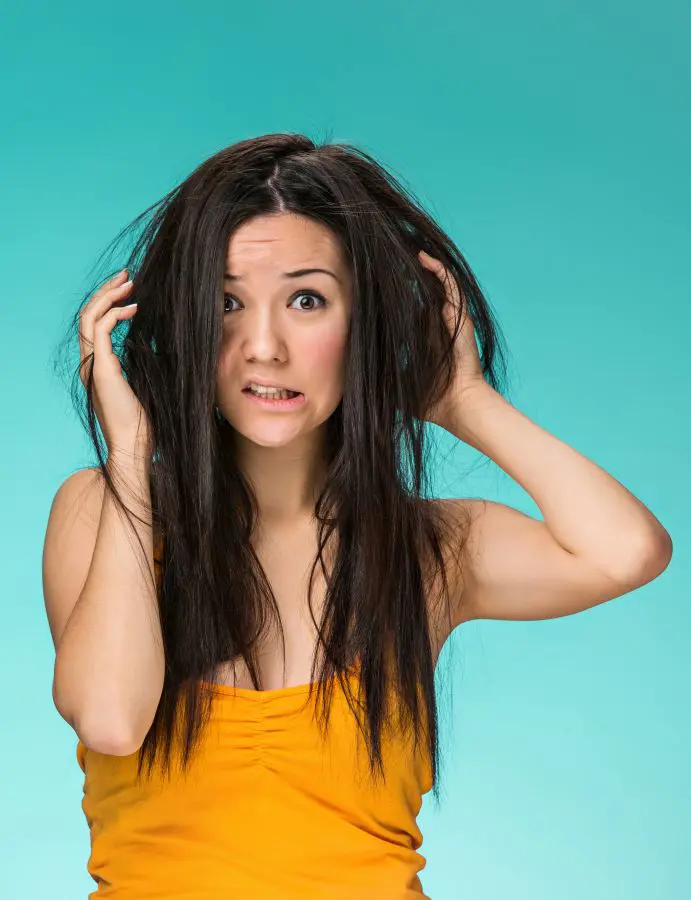
Dry and Arid Climates
• Seal in Moisture: During dry weather, air can absorb moisture. After washing, give hair one last rinse with cold water to help seal in moisture and keep it hydrated.
• Stay Hydrated: To avoid dry hair and maintain a youthful appearance, try to lightly mist your hair with cool water throughout the day.
Cold Climates
• Combine Warm and Cold Water: In cold weather using cold water alone is not recommended. Start with lukewarm water to wash your hair, and finish with a quick cold water rinse. This helps maintain hair’s natural shine and reduces static and dryness caused by cold air.
• Avoid Long Cold Rinses: In cold weather, always avoid long cold rinses. Effective quick cold rinses are crucial to seal the cuticle by avoiding any adverse situation.

Temperate Climates
• Regular Cold Water Rinsing: In temperate climates, you can use cold water rinses regularly after washing. This will keep your hair smooth and shiny.
• Moderation Use: You don't need to be overly strict about using cold water. Moderate use of it in such climate will be enough.
Tropical Climates
• Daily Cold Rinses: Daily cold rinses is necessary in tropical climate. Daily cold water rinses help keep the scalp clean, cool, and refreshed.
• Post-Workout Refresh: The heat and humidity in tropical climates can lead to sweat and oil buildup after workout. Cold water rinse helps to clean and cool down the body, promoting a sense of freshness.
Myth vs. Reality
Misconceptions about the benefits of cold water for hair can lead to high expectations. When the actual results fail to meet these expectations, people may feel disappointed.
Though cold water is beneficial in every aspect of hair care, it is not a perfect solution for every problem.
Let’s examine the myths versus the reality of using cold water for hair care:
Myths:
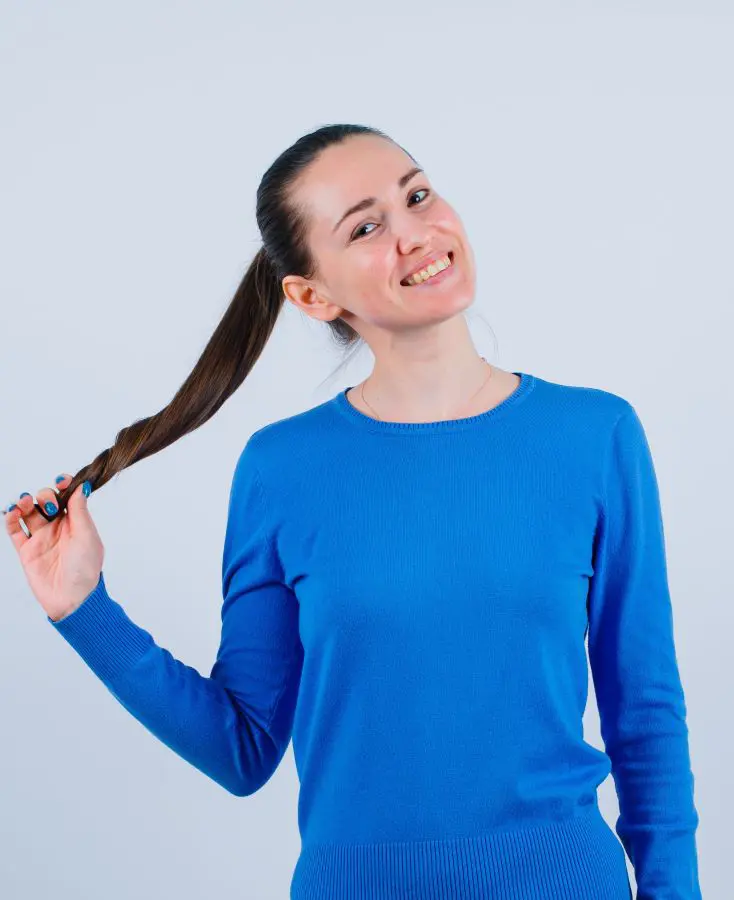
Cold Water Seals the Hair Cuticle: The belief is that cold water can help seal the hair cuticle, resulting in smoother, shinier, and less frizzy hair.
Cold Water Promotes Hair Growth: Some people think that cold water alone promotes hair growth.
Cold Water Makes Hair Healthier: It's commonly thought that applying a cold water on regular basis makes hair healthier.
Cold Water Prevents Dandruff: A myth is that cold water can help prevent or reduce dandruff singlehandly.
Reality:

Cuticle Sealing Effect: Actually cuticle sealing effect after using cold water is temporary. The cuticle's condition is more significantly affected by the hair’s overall health.
No Direct Impact on Hair Growth: Cold water only encourage blood circulation and its role for hair growth are minimal. Hair growth is largely determined by genetics, health, and nutrition.
Moisture Retention: The idea that cold water helps lock in moisture is not entirely accurate. Moisture retention is more effectively managed through the use of conditioners, serums, and oils that seal moisture into the hair.
Dandruff Prevention: Cold water does not prevent dandruff. An overgrowth of yeast, dry scalp, or other scalp conditions typically causes dandruff. Treating dandruff usually requires specific shampoos or treatments.
Like this, there are many other myths regarding the benefits of cold water. Understanding the difference between myths and reality is crucial for making informed hair care choices. This knowledge helps avoid unnecessary or ineffective practices.
DIY Hair Care
In DIY hair care with cold water, we can maintain healthy hair at home. By incorporating it with other natural remedies, it can address various hair concerns such as dryness, damage, and dandruff.
It is also cost-effective and can be customized based on hair needs. Regular use of DIY haircare can lead to healthier, more manageable hair.
Cold Water Rinses
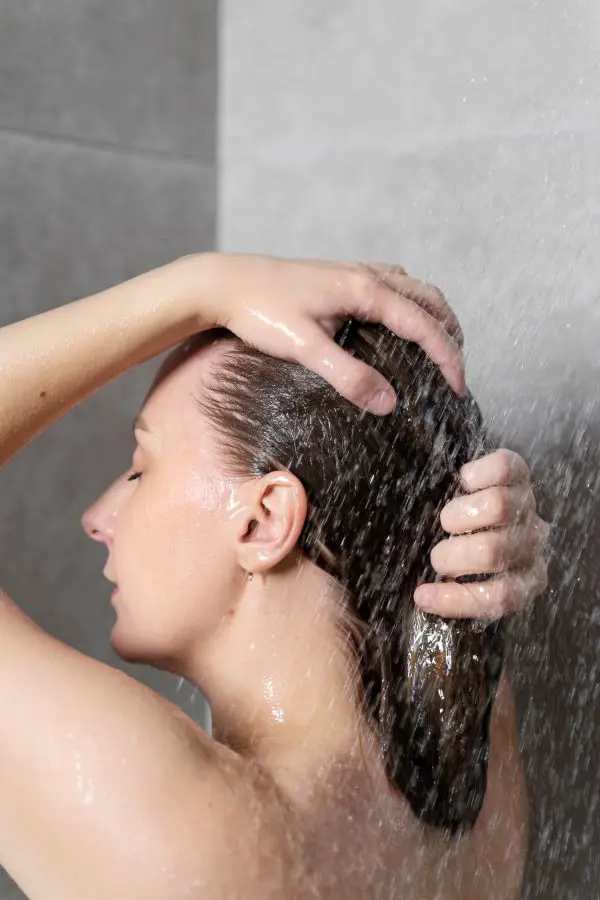
Cold water rinses can refresh your hair care routine. They help close the cuticles temporarily, making hair smoother and shinier. This may reduce frizz.
While the effects are mostly temporary, cold water can also stimulate the scalp and boost circulation. For best results, use cold water after conditioning to lock in moisture and add shine.
Homemade Treatments with Cold Water
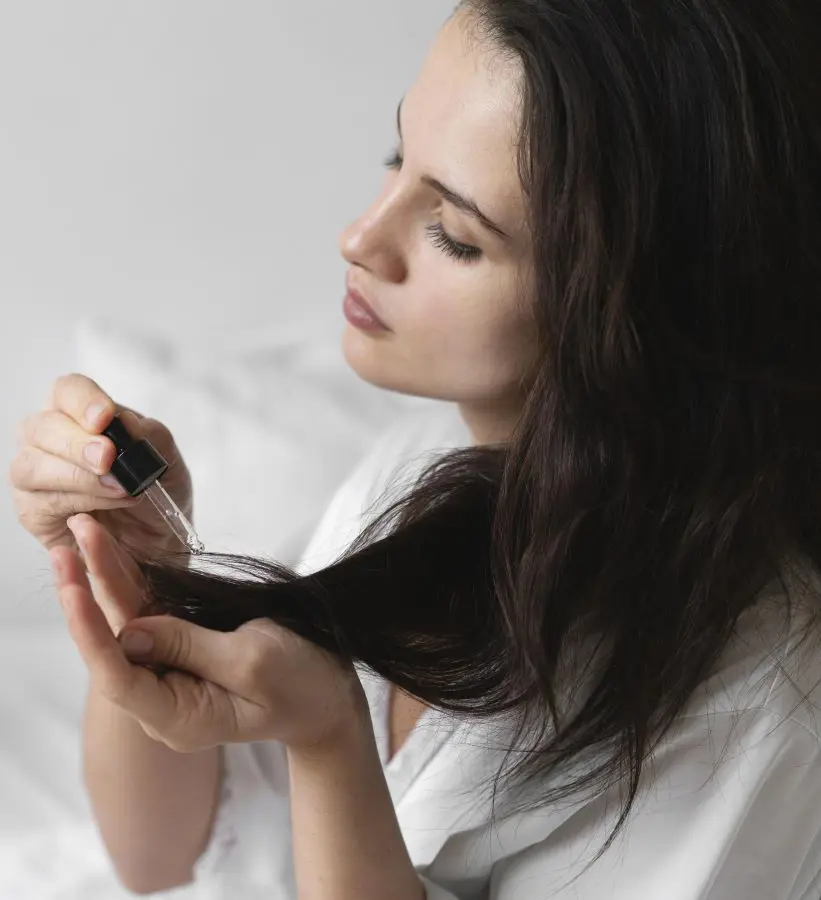
Combining homemade treatments with cold water can maximize the benefits. Along with cost effectiveness, It is very simple and less time-consuming.
Various homemade remedies are used with cold water as a treatment. This vlog will explore some popular ones. It will explain how to prepare, apply, and benefit from each remedy, along with essential precautions.
Avocado & Honey:
First, prepare a mask by mixing one mashed avocado with a tablespoon of honey. After applying, cover it with a shower cap and leave it for 30 minutes. Finally, rinse your hair with cool water.
This mask deeply moisturizes and nourishes your hair, leaving it soft and shiny. Avoid using too much honey, as it can be sticky and difficult to wash out.
Yogurt & Egg:
Mix a cup of plain yogurt with one egg and apply it to your hair. Allow it to sit for 20-30 minutes before washing it with cool water.
This combination helps strengthen and condition your hair, promoting healthy growth and shine. Be careful not to leave it on for too long to prevent any potential residue.
Apple Cider Vinegar:
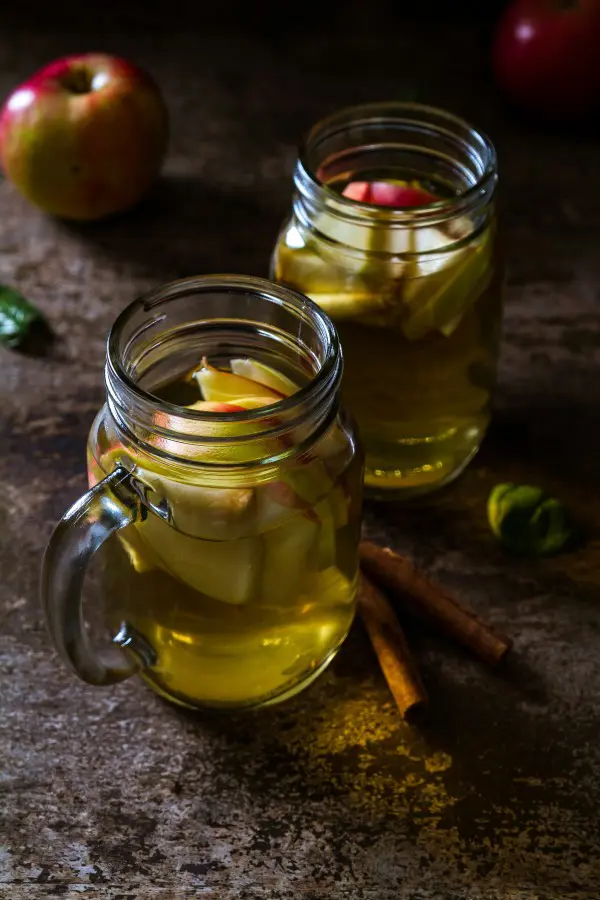
This helps balance your scalp’s pH and adds shine. Avoid using too much vinegar, as it can be drying if overused.
Coconut Oil:
Warm a few tablespoons of coconut oil and massage it into your scalp. After leaving it on for 30 minutes or overnight, remove it with cool water.
This treatment deeply conditions and repairs damaged hair, adding softness and shine. Ensure you rinse thoroughly to avoid any greasy residue.
Aloe Vera & Cucumber:
Blend half a cucumber with two tablespoons of fresh aloe vera gel until smooth. Apply the mixture to your hair and scalp, then cover with a shower cap. Leave it on for 20-30 minutes before rinsing thoroughly with cool water.
Incorporating these DIY treatments with cold water can provide both immediate benefits and help enhance the effectiveness of your hair care routine.



